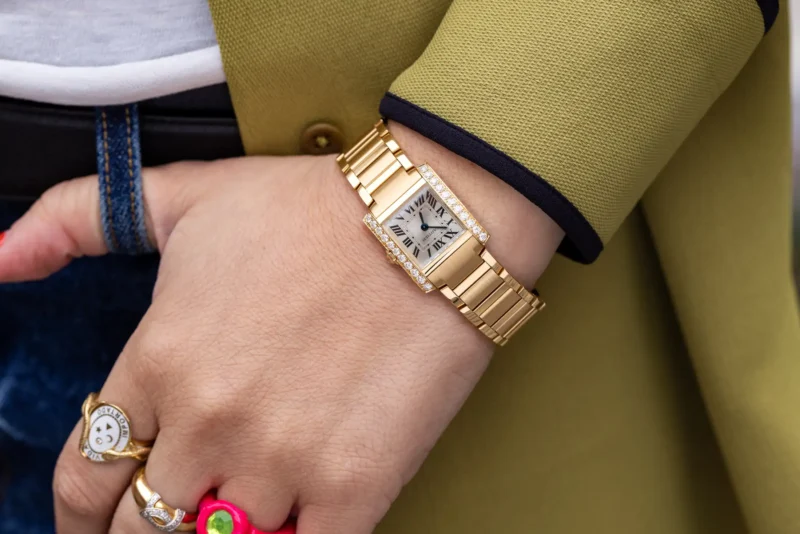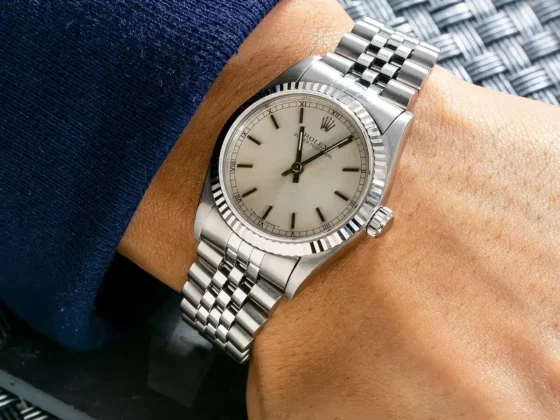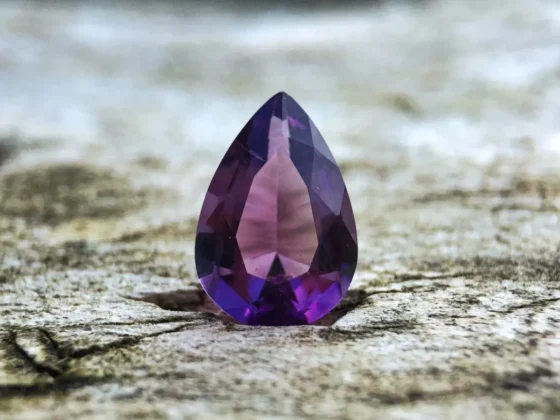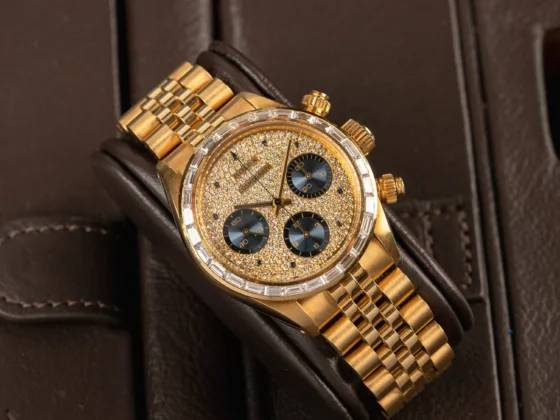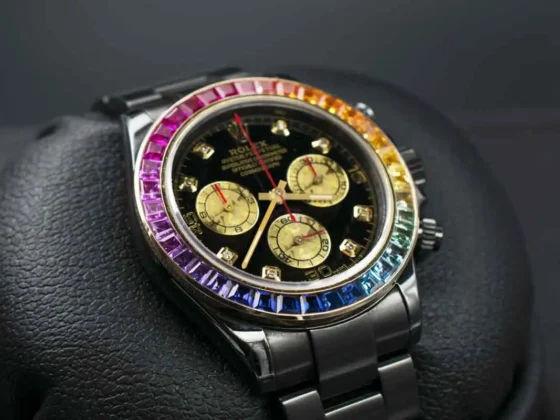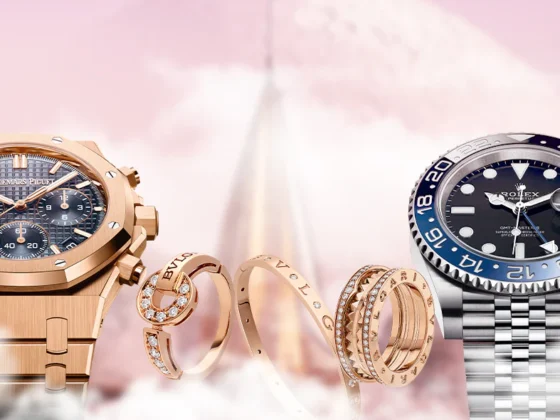In recent years, sustainability has emerged as a central focus within the luxury industry, particularly in the sectors of high-end jewelry and watches. As consumers become increasingly aware of environmental and ethical issues, brands are shifting their practices to meet these new demands. Sustainable luxury is no longer a niche but a growing trend that influences production, design, and marketing.
This article explores the rise of eco-friendly practices among top luxury brands like Cartier, Chopard, and others, detailing how they are adapting to consumer preferences for more responsible and sustainable products. We will also discuss how digital marketing agencies like Cube Digital are helping brands effectively communicate their sustainability initiatives, ensuring that their efforts resonate with eco-conscious consumers.
The Rise of Eco-Friendly Luxury: A New Era for High-End Brands
Sustainability in the luxury sector has undergone a transformation in the past decade. Consumers, particularly younger generations, are increasingly seeking out products that align with their values, prioritizing ethics and environmental responsibility as much as aesthetics. This shift has pushed luxury brands to rethink their supply chains, materials, and overall approach to production.
Brands like Cartier and Chopard have embraced sustainability by committing to ethical sourcing, utilizing recycled materials, and adopting transparent manufacturing processes. For instance, Chopard has committed to using 100% ethical gold across its entire production line, ensuring that the gold in their jewelry and watches is sourced responsibly, without harming local communities or ecosystems.
This growing demand for sustainable luxury has had a ripple effect, encouraging brands across the industry to integrate eco-friendly practices into their core values. The focus is no longer just on opulence and rarity, but on how these pieces are made and the story behind them.
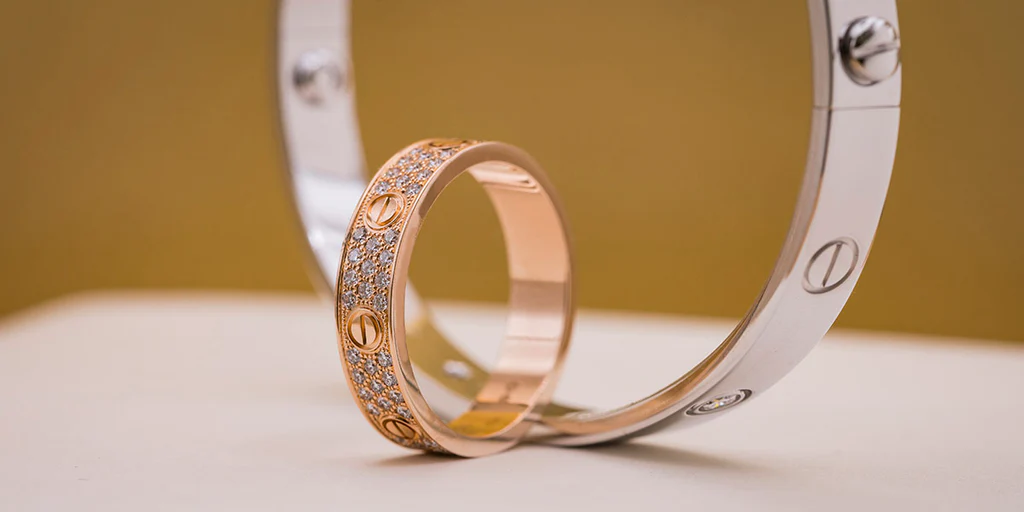
Sustainable Materials: Gold, Gemstones, and Beyond
One of the most visible aspects of sustainability in luxury jewelry and watches is the use of responsibly sourced materials. Gold, for example, is often associated with unethical mining practices that can devastate the environment and exploit labor. However, luxury brands are working to change that by sourcing gold from certified ethical suppliers or using recycled gold, which drastically reduces the environmental impact.
Similarly, the diamond industry has faced scrutiny over conflict diamonds, leading many luxury brands to adopt stringent measures to ensure the diamonds they use are ethically sourced. Companies like Restivo Diamonds, for example, ensure that all of their gemstones and diamonds are GIA-certified and ethically sourced, prioritizing transparency in their supply chain.
Cartier has made significant strides in this area, collaborating with the Responsible Jewellery Council (RJC) to promote ethical practices in the supply of diamonds, gemstones, and gold. This movement extends beyond just raw materials, with brands also exploring innovative materials like lab-grown diamonds and recycled metals as viable, luxurious alternatives that still meet the high standards of craftsmanship expected in the luxury industry.
Sustainable Watchmaking: Reducing Environmental Footprints
The watchmaking industry, too, has felt the push towards sustainability. Traditional watch manufacturing often involves processes that can be resource-intensive and generate waste, but many brands are now rethinking their approach. Chopard, for instance, has made sustainability a cornerstone of its watch collections by not only using ethical materials but also focusing on energy-efficient production methods.
Some watch brands are even experimenting with alternative materials for watch straps and cases, such as plant-based leathers and recycled plastics. These innovations are helping to redefine luxury watches as not only a symbol of status and style but also of conscious consumption.
This trend is also affecting the secondary market for watches, with platforms like MaisonDesigners specializing in pre-owned luxury watches. By promoting the resale and recycling of high-end watches, platforms like these are reducing the demand for new production and extending the life cycle of luxury timepieces, further contributing to a more sustainable luxury market.
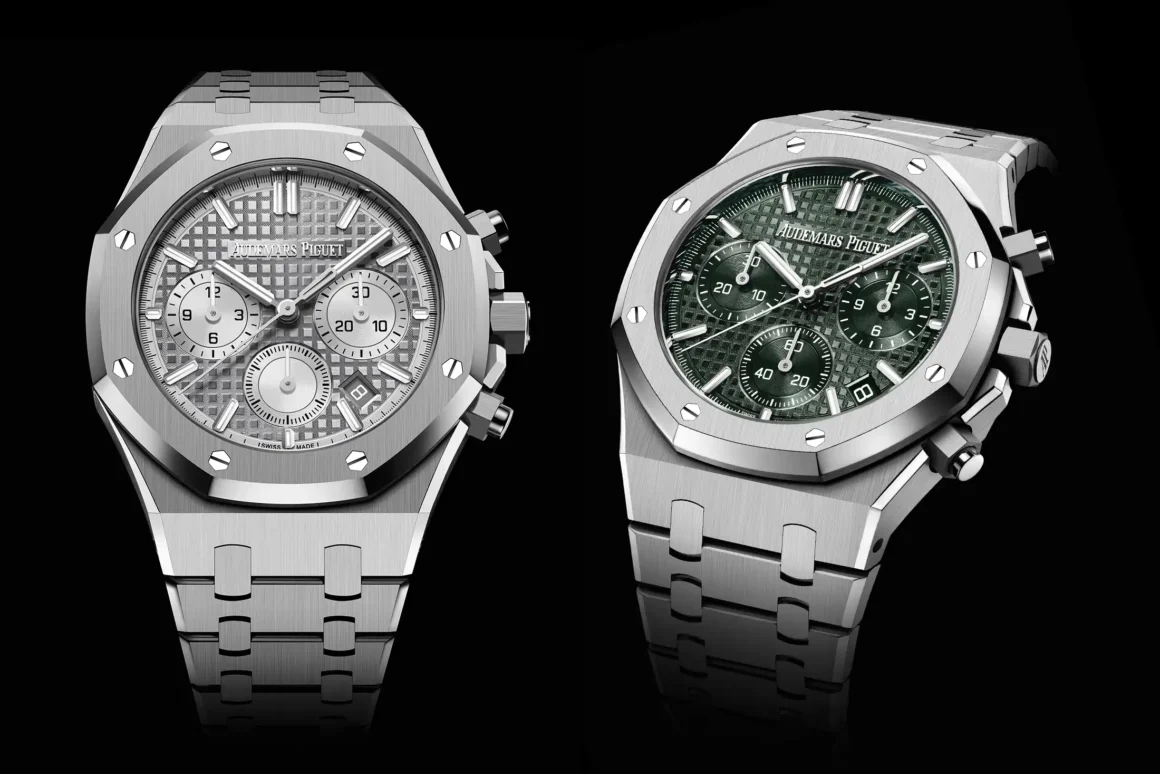
Communicating Sustainability: The Role of Digital Marketing
While luxury brands are making strides in sustainability, effectively communicating these efforts to consumers is key to driving the trend forward. This is where marketing agencies like Cube Digital play a crucial role. In a world where consumers are bombarded with information, it’s essential for brands to tell their sustainability stories in a way that is both authentic and engaging.
Cube Digital, a premier luxury eCommerce and digital marketing agency, specializes in helping high-end brands craft bespoke digital strategies that highlight their commitment to sustainability. Whether it’s through content creation, SEO optimization, or social media campaigns, Cube Digital ensures that a brand’s sustainability efforts are communicated clearly and effectively, making it easy for eco-conscious consumers to find and connect with luxury brands that share their values.
For example, Cube Digital can craft campaigns that showcase a brand’s journey towards more sustainable practices, such as sourcing ethical diamonds, using recycled materials, or adopting energy-efficient production methods. By focusing on transparency and authenticity, Cube Digital helps luxury brands navigate the digital space and build trust with their audience.
The Business Case for Sustainability in Luxury
Sustainability is not just an ethical or environmental imperative—it’s also good business. As consumer demand for eco-friendly products continues to rise, brands that can demonstrate their commitment to sustainability are better positioned to capture market share and build customer loyalty.
Moreover, luxury consumers are often willing to pay a premium for products that align with their values. This has created an opportunity for brands to differentiate themselves by offering products that are not only beautifully crafted but also responsibly made.
Brands like Restivo Diamonds, which specialize in bespoke jewelry made from ethically sourced materials, or MaisonDesigners, which promotes the resale of pre-owned luxury watches, are prime examples of companies that are capitalizing on this growing demand. By focusing on sustainability, these brands are not only contributing to a better world but also enhancing their competitive edge in the market.
Conclusion
Sustainability is no longer a trend; it’s a fundamental shift in the luxury industry. Brands that embrace eco-friendly practices, from ethical sourcing to sustainable manufacturing, are positioning themselves as leaders in this new era of conscious consumption.
As top luxury brands like Cartier, Chopard, and Restivo Diamonds continue to innovate in sustainability, and digital marketing agencies like Cube Digital help communicate these efforts, the future of luxury looks to be both opulent and responsible. With the right approach, sustainability will continue to redefine what it means to be a luxury brand in the 21st century.


